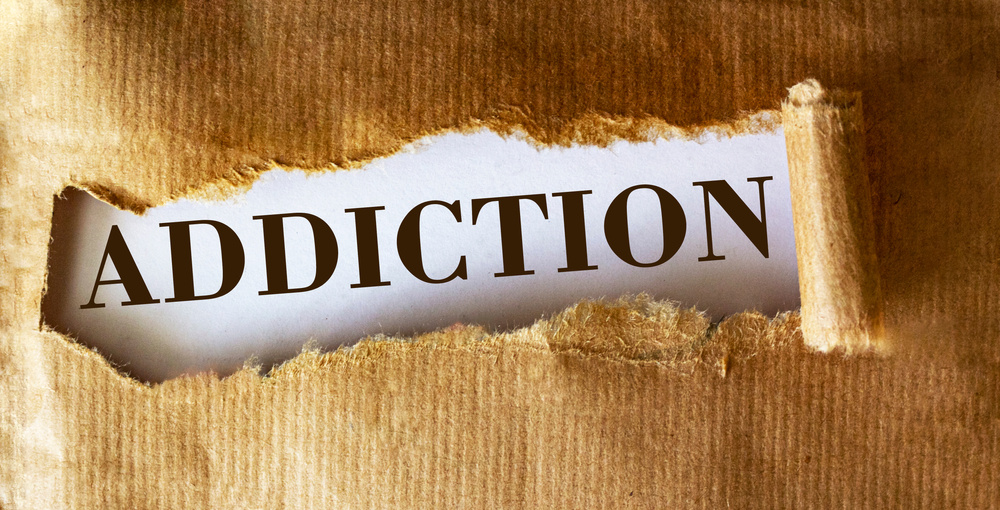How Long Does It Take To Diagnose Mental Illness?
The American Psychiatric Association defines a mental disorder as “a syndrome characterized by clinically significant disturbance in an individual’s cognition, emotion regulation, or behavior that reflects a dysfunction in the psychological, biological, or development processes underlying mental functioning.” The diagnosis process for mental illness typically includes several components. The initial steps generally include a thorough physical exam as well as conducting various lab tests, such as blood work, a urine test, or a brain scan (e.g., to check thyroid function, screen for alcohol and drugs, etc.) to ensure symptoms are not being caused by something else. The physical exam typically lasts between 30 to 45 minutes long, and depending on which lab tests are requested, they usually take less than five minutes.
If no signs of physical illness are determined, the process continues with an additional assessment conducted by a mental health professional that specializes in diagnosing and treating mental illnesses (e.g., psychiatrist, psychologist, etc.). The duration of a psychiatric evaluation varies from one person to another. The amount of information needed helps to determine the amount of time the assessment takes. Depending on the situation, a mental health evaluation can last anywhere from 20 to 90 minutes long, and in some cases longer. The mental health professional conducting the psychological evaluation will ask in-depth questions about one’s reported symptoms (e.g., how long they last, how intense they are, etc.), how the symptoms interfere with one’s daily life, will make observations of one’s attitude and behavior, and may use psychological questionnaires to help determine a diagnosis.
DSM-5
Mental health professionals also closely adhere to the criteria provided by the American Psychiatric Association that is published in the Diagnostic and Statistical Manual of Mental Disorders, Fifth Edition (DSM-5). The latest revision of the DSM-5, which is a handbook universally used by mental health professionals in America to diagnose mental illness, includes 157 mental health diagnoses. It contains descriptions, symptoms, diagnostic criteria as well as statistics concerning which sex is most affected by the illness, the typical age of onset, the effects of treatment, and common treatment approaches. Medical insurance companies, such as Kaiser Permanente, require a specific diagnosis to approve the payment for treatment of mental health conditions. The DSM-5 is also used by mental health professionals to classify patients for billing purposes.
For Information and Support
Substance abuse and addiction can be incredibly dangerous and can result in severe short and long-term consequences. If you or someone you know is suffering from substance abuse or addiction, please get help as soon as possible. The earlier you seek support, the sooner you and your loved ones can return to leading happy, healthy, and fulfilling lives. There is no reason to go through this alone, and we are here to help. Please feel free to reach out to us for further information or with any questions regarding substance abuse or addiction. We are available anytime via telephone at: 213-389-9964, or you can always email us at: info@friendlyhousela.org.



